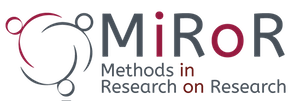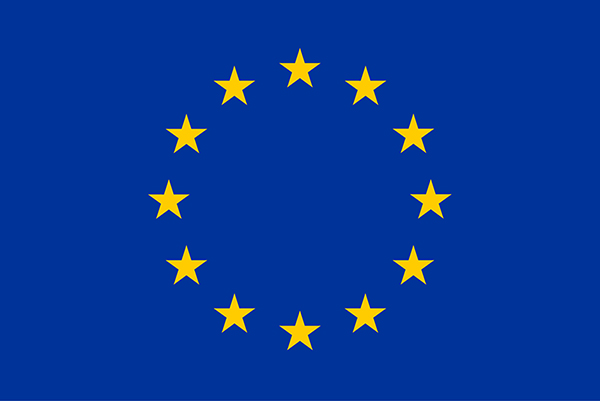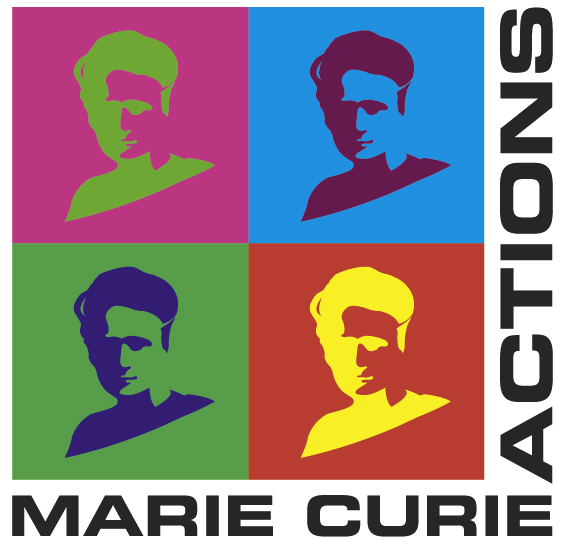The secondment experience: a professional and personal opportunity for growth
The secondment experience: a professional and personal opportunity for growth
3 May 2017 Comments Off on The secondment experience: a professional and personal opportunity for growthby Van Nguyen Thu, MiRoR PhD Fellow at the University Paris Descartes
My PhD project “Impacts of mobilizing collective intelligence in clinical research planning” is one of fifteen projects in the doctoral training program focusing on Method in Research on Research (MiRoR) which receives funding from Marie Skłodowska-Curie actions (MSCA). Besides the innovative research topic, the mobility scheme caught my eye from the first sight. Each PhD student will have secondments in different institutions around Europe. This is a chance of work and life-changing experience that I am excited to share with you.
What is a secondment?
A secondment is the period that PhD fellows will work from another institution rather than their employing institutions. For instance, my employing institution is Université Paris Descartes in Paris, France. During 3 years of my PhD project, I will have the opportunity to go and work in University of Split in Croatia, University of Liverpool in UK and a non-academic partner, ECRIN, European Clinical Research Infrastructure Network in Paris, France.
MSCA PhD fellows will spend 10 months for their secondments. Students through the discussion with their supervisors will decide schedules and partner institutions for the secondments based on their project’s needs.
What are the benefits of the secondment?
There are numerous advantages that secondments will bring to career and personal life of early stage researchers. Firstly, all partners in MSCA are world-class academic and non-academic institutions. Their well-known expertise will provide students with valuable guidance to succeed in their projects. My secondment in Split has been a fruitful experience so far. The secondment supervisor, Darko Hren, is one of leading professors in qualitative research methodology in Croatia. He focuses on skill-based training, and encourages me to learn by doing, making mistakes and asking questions. Thanks to his support, I am acquiring knowledge and skills for qualitative research, and building confidence to apply the methods in my projects.
Secondly, the best way of networking and collaboration is to work alongside people and get to know communication channels within the organization. Each partners in MiRoR networks have assigned a mentor who will walk students through their organization structure during the secondment. This is a starting point to develop professional network. Furthermore, exchanging ideas with new colleagues will widen our perspectives in new topics. My colleagues in Split, Ketevan Glonti (ESR13) always enthusiastically explains to me the publications and peer-review process, while Melissa Sharp (ESR9) is a resource to ask questions on qualitative research. We are currently planning some collaborative works together.
Last but not least, challenges of moving to a new place has strengthened my adaptation and flexibility. It is the perfect opportunity to enhance my communication skills when dealing with a new set of working environment, languages and cultures. Croatian is not an easy language to learn in three months, but saying “Dobar dan” (Good day!) with a big smile always works.
How to prepare for a good secondment?
A secondment will be an exciting experience, yet you have to prepare for it carefully. First, you should discuss with your supervisors to agree upon the tasks and goals of your secondment. Second, contacting international student officers in hosting institutions is helpful to understand administrative requirements related to your movement (i.e. visa). Third, housing in Europe is always a big challenge. University housing services and student networks are useful places to seek for information. Lastly (maybe the most important), secondments are also the time for those who love travel, but time will pass much faster than you could realize. Planning your travel ahead of time will enable you to enjoy your secondment to the fullest.
In summary, doing a PhD is an adventure to discover our personality and ability. Thus, I believe the secondment will spice up this journey.




